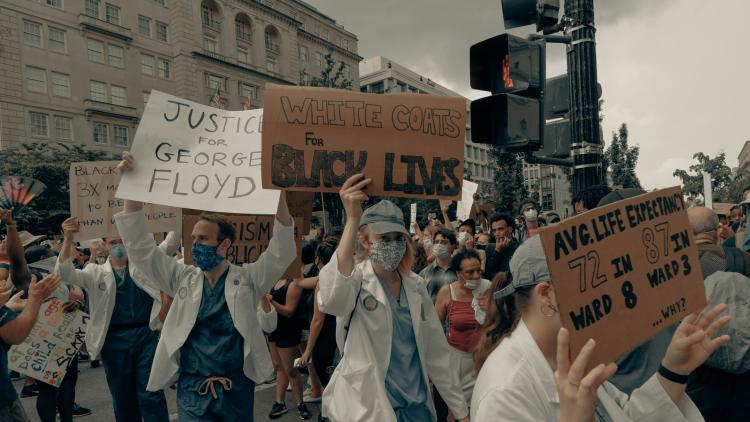The problematic history and ecological impact of the UK houseplant industry


MA student Francesca Nicol examines the colonial history and ecological impact of the houseplant industry, challenging the perceived 'green' image of houseplants.
Humans have been growing plants indoors for centuries, with evidence of ornamental houseplants in China as far back as 1000 BC. However, the vast number and variety of houseplants available from UK retailers today is very much a result of colonialism and imperialism. From Australian Alocasias to Caribbean Yuccas, ‘exotic’ species the world over were ‘discovered,’ collected, classified, sold, and brought back to Europe as a way for people to visit the empire.
Do these tiny patches of land represent small-scale land grabs?
This history of ‘colonial robbery’ in today’s houseplant industry
While there are many items in our everyday lives that can be used as tools to analyse the dimensions of our social, political, and environmental conditions, the simple houseplant might seem a benign suggestion — but they are significant nonetheless. This history of ‘colonial robbery’ in today’s houseplant industry represents Keeler’s definition of the Kleptocene — the perspective that our epoch can be defined by the ‘ongoing theft of land, lives (both human and nonhuman), and materials’.
Do these stolen life forms, delivered to our doorsteps, perhaps bring Kleptocene thinking closer to home? Do these tiny patches of land represent small-scale land grabs? Does this make us UK houseplant buyers complicit in colonial projects?
Are houseplants plants eco-friendly?
Today, what we know as common houseplants are less regularly taken from natural environments and are more often grown on an industrial scale. This brings with it a new range of environmental concerns and extractivist entanglements, including water usage, plastic usage, international transportation, fertiliser and pesticide use, and not least, the extraction of peat for use as a growing medium. Yet, the public image of houseplants remains largely intact.
When I visited one of the world’s ‘most eco-friendly restaurants, the founder was keen to explain the sustainable provenance of every ingredient, piece of cutlery, and cushion — but couldn’t tell me where the restaurant’s 10-foot tall palm tree came from. This notion that plants, as pieces of nature, must inherently be ‘green’ provides the industry with a way to evade criticism of its production.
Disconnected from the wider eco-system
Like other extractivist industries, commercial plant nurseries work towards a standardised and replication model that is fully disconnected from the local environment. This plant-as-product work, with consistent specimens, purports that plants are singular objects rather than part of wider ecosystems and acts as a simulation of genuine nature.
It is not houseplants that are good for our mental health, it is the natural world at large.
Recently, the defence has been that houseplants are good for our mental health. During COVID-19 lockdowns, the UK government allowed plant shops to remain open as an essential service with this in mind. This argument forgets a key detail — it is not houseplants that are good for our mental health; it is the natural world at large. Over the pandemic, waiting lists for allotments continued to grow. Rather than investing in access to green spaces, the government here exemplified Laura Pulido’s issue with responses to larger socio-environmental concerns — ‘the state itself is assuming the mentality of the market and prioritising the market’.
We mustn’t let houseplants be enough here. We can learn to propagate, take and swap cuttings, and buy peat-free and from local nurseries wherever possible, but most importantly, we must support local community gardens and public green spaces and remember that there is no such thing as an ‘indoor’ plant.
Header image credit: Prudence Earl via Unsplash.
About the author
Francesca Nicol is an MA Anthropology of Global Futures and Sustainability student at SOAS and is the 2023-24 Programme Representative. Outside of SOAS, Francesca works in environmental charity grant writing in London, supporting inclusive education on the natural world.


